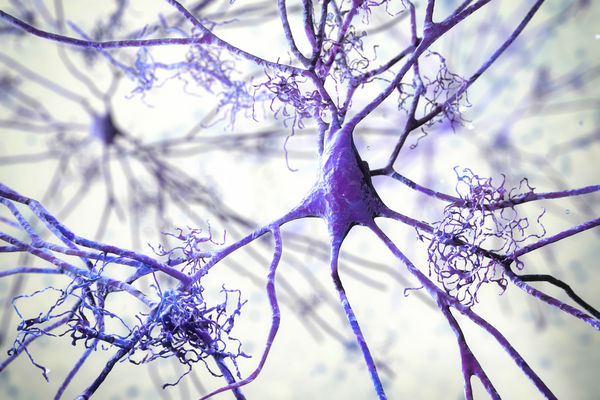What is ATN?
The ATN framework establishes a means for classifying biomarkers based on the biological evidence of Alzheimer’s disease that each marker provides1. These markers are divided into three categories to reflect the three primary biological changes associated with Alzheimer’s:
- A for amyloid plaques: Accumulations of beta-amyloid 42 proteins begin to form plaques in the brain years before initial symptom onset
- T for tau tangles: The beta-amyloid 42 accumulation causes misfolding of tau proteins, which tangle into knots and disrupt normal brain cell function
- N for neurodegeneration: Brain cell functional impairment causes the cells to die, which exacerbates the characteristic cognitive impairment symptoms observed in Alzheimer’s patients






%20copy.jpg)

.gif)
.jpg)